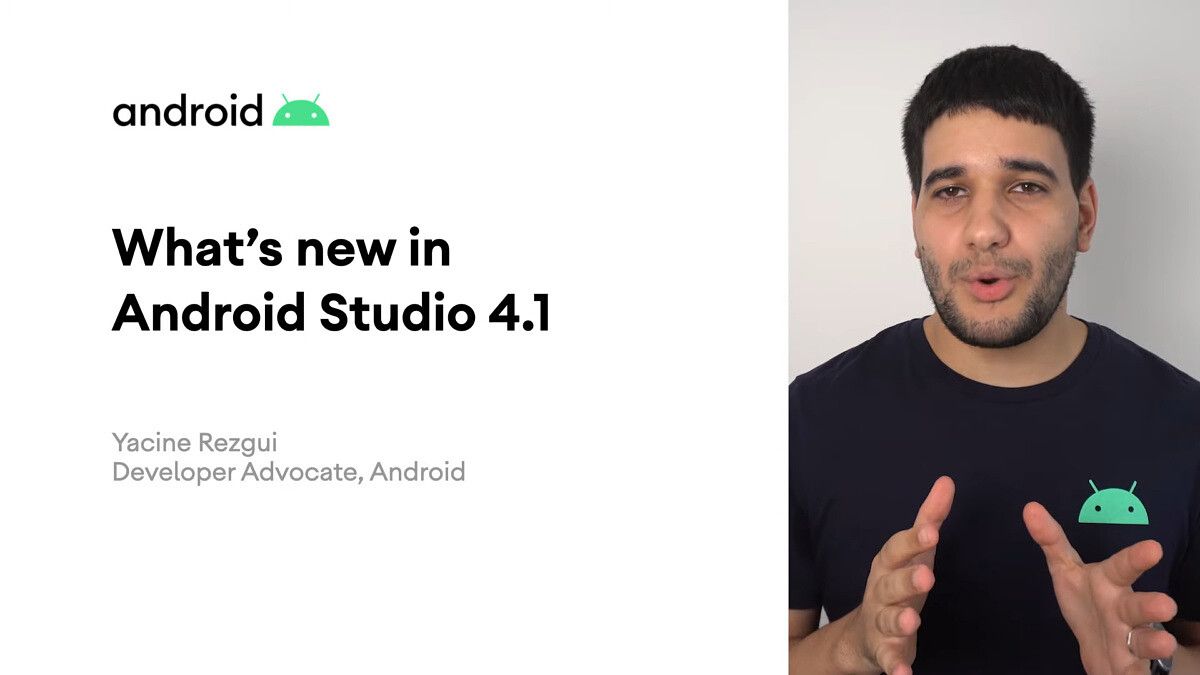If you've ever done programming, you probably know just how useful a good IDE can be. Especially on more fragmented platforms, like Android, having the proper set of tools for development is incredibly important.
Google's solution to easier Android development is Android Studio, an IDE based on JetBrains' IntelliJ. It includes a whole bunch of stuff that makes it much easier to make an Android app. And Google is constantly working to make Android Studio better, faster, and more streamlined.
Today, Google is releasing Android Studio 4.1 to stable. While there are a whole bunch of changes in this release, we're going to be talking about just some of the highlights.
Foldable & Embedded Emulators
First up, the title feature. Since foldable devices are becoming more and more popular, it makes sense that developers would need a way to test their apps on devices that fold. Unfortunately, a real foldable is usually pretty expensive.
Well, luckily for anyone who can't afford a folding phone, Android Studio 4.1 is expanding the built-in emulator tool with support for virtual folds. Now on top of being able to set a device's rotation, you can also add a virtual hinge and set it to various degrees.
As if that weren't enough, the Android Emulator can now run directly in the Android Studio window. No more fiddling with the position or forcing it to show above all other windows.
Style Updates
Material Design 2 was introduced a pretty long time ago. It made a lot of (controversial) changes to the Material Design language, including flatter layouts and more rounded elements.
However, Android Studio wasn't updated alongside it. When creating a new project, developers would still be given style templates based on Material Design 1 and the AppCompat themes.
With the release of Android Studio 4.1, Google has updated the built-in style templates to better match Material Design 2, and to use the Google material library instead of AppCompat.
TensorFlow Lite Enhancements
AI may be a bit of a buzzword, but that doesn't mean it isn't also useful. A lot of apps across all platforms make use of AI and machine learning to make usage easier and more functional.
To help make the development side of AI in Android apps easier, Android Studio 4.1 now has better support for TensorFlow Lite models. It can generate classes for you to make it easier to interact with imported models, so you don't have to write the boilerplate yourself.
Of course, these aren't the only changes in Android Studio 4.1. For more details, make sure to check out Google's announcement.

